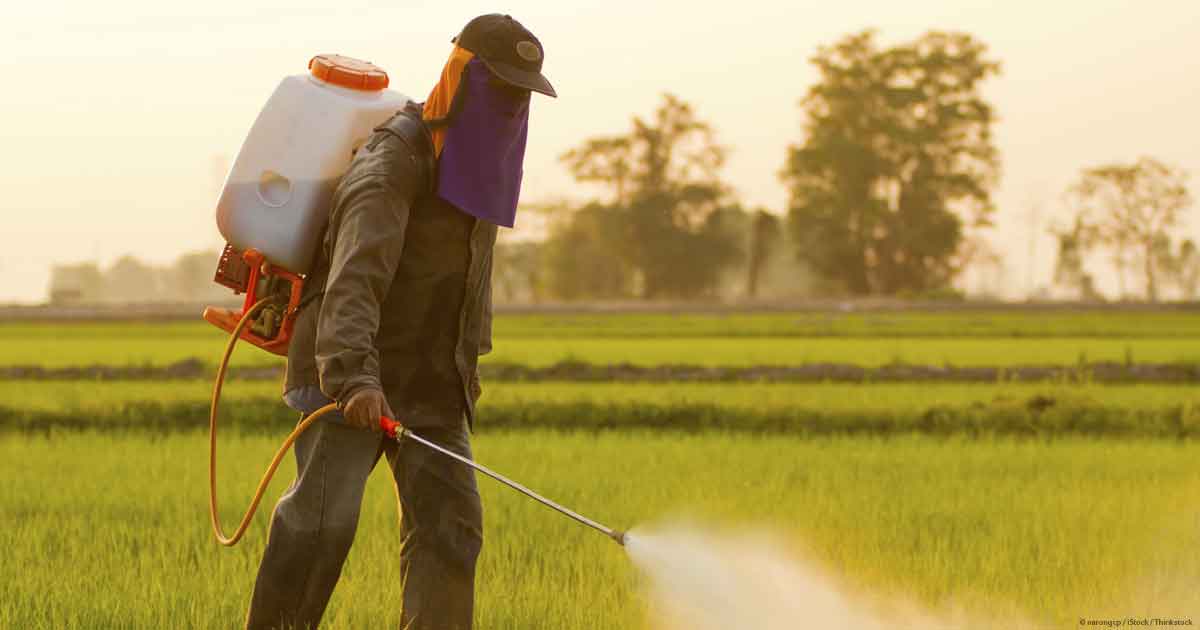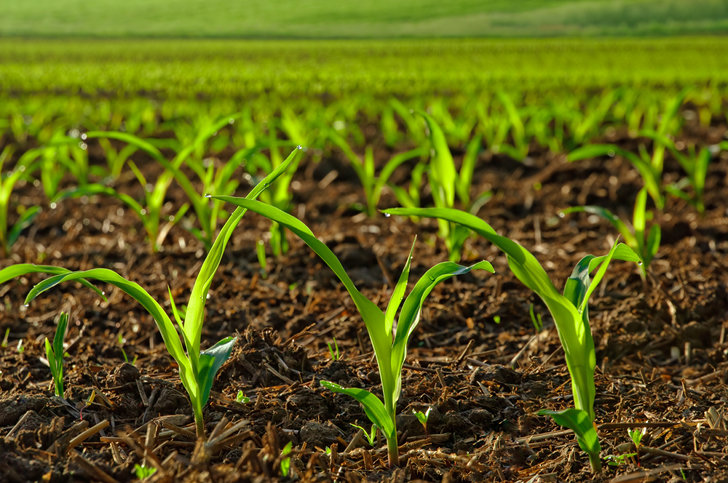
The farming industry has been looking at the regulatory framework for plant protection products (PPPs) in UK agriculture and what the wider supply chain might look like post Brexit.
A new AHDB report published today looks at the various pieces of legislation impacting the use of PPPs in the UK and puts forward four broad options for post-Brexit regulation.
PPPs currently go through a harmonised process throughout Europe, with active substances receiving general approval at EU level and specific product uses controlled at national level.
Strict hazard-based criteria mean about 58 per cent of applications are rejected by the EU, which has implications in terms of time and associated costs.
In addition, both the number of available PPPs and their efficacy are being pressured by an increasingly challenging regulatory environment and the growing resistance of pests, diseases and weeds to products now on the market.
This latest AHDB publication also outlines what standards the UK is committed to under various international agreements on human, animal and plant health and how these may affect future regulation, as well as the consequences for trade.

'Immense complexity'
Sarah Baker, AHDB Senior Analyst, who penned the report, said there is 'immense complexity' in this area of regulation in terms of the UK’s obligations at both EU and international level.
Miss Baker said: “Although plant protection may not be at the top of the priority list for negotiators, the continued supply of safe and nutritious food is of fundamental importance and these products are often key to growing healthy and profitable crops.
“In the short term, it is likely not much will change as wider Brexit issues are more likely to take precedence but the industry cannot treat it as business as usual.
“The UK must start thinking about what it needs to achieve through plant protection and what might be gained from a new regulatory framework.
“This will involve balancing myriad interests, including the UK’s reputation in the global marketplace, how UK farming and growing businesses remain economically viable, environmental considerations and customer preference.”
'Healthy and profitable'
The report says plant protection products (PPPs) are key to growing healthy, profitable crops, both arable such as wheat, barley and oilseed rape and higher-value crops such as potatoes and a wide range of horticultural crops including edibles and ornamentals
The availability and efficacy of PPPs are facing two main threats, the report suggests. First, new active substances failing to reach the point of authorisation, due to increasingly stringent controls and the need for greater amounts of supporting data and documentation.
Secondly, uncertainty about the re-authorisation of key products required to go through the more stringent process at the end of their current approval period.
The report concludes that exiting the EU will not change all the laws that affect rural businesses, because in many areas the UK is bound by commitments as a signatory to international agreements such as the Bern Convention and the Kyoto and Paris Climate Change Agreements.
In addition, future trade arrangements and consumer sentiment will be key determinants of post-Brexit regulatory policy.
However, the report suggests that the industry should be prepare for change in the regulatory framework in the medium term. While changes in the regulation of PPPs may not be a top priority for Government within the wider context of Brexit, they will come under scrutiny once the UK leaves the EU.
